Emotions in sport
Motives and Motivation

- Motives are to be equated with persistent evaluation dispositions, accordingly motives are motives to behave in a goal-oriented manner in situations that persist over time, persist in the situation and in a personality-specific manner.
Motives have an unconscious as well as a conscious level and lie between one's own attitude and drives. Motives in sport are related either to the exercise itself or to the result. Such a result can be understood, among other things, as the performance as self-confirmation, but also as a presentation of one's own performance and included dominance behavior. Furthermore, exercising can be used as a means for other purposes, e.g. making contacts and friendships, serving. If the motive of an athlete is related to the sport itself, this can be the physical challenge, the aesthetics or one's own body experience. However, if it is used as a means for other purposes, the maintenance of one's own health, fitness, the experience of nature and relaxation are included.
If situational and individual incentives match, then motivation is the result.
- Motivations in sports are the current emotional (e.g. friends, fear, hopes) and cognitive (e.g. expectations) processes before, during and after doing sports.
Motivation processes are an important prerequisite for performing well in sport.
Achievement motivation

Achievement motivation is the "endeavor to increase one's own ability in all those activities or to keep them as high as possible, in which one considers a quality standard to be binding and whose execution can therefore succeed or fail." (Heckhausen) certain sport, in which one sets quality standards for oneself, to fulfill and thus to reach or to exceed the quality standard. The quality standard was set either individually or externally and consists of a performance that the athlete must achieve (e.g. a specified Sprint time). With the help of quality standards, the athlete can individually assess the difficulty of a certain task and the skills that are needed to cope with the task and thus ultimately also the outcome of the action. The outcome of the action is assessed individually, so your own claim decides whether an action is successful or not.
- The achievement motive, on the other hand, represents the triggering motive for doing sports and is based on the individual drive to achieve something. It is therefore one of many motives, but primarily encourages people to do sports.
The way people face challenges and performance situations is determined by their personality. Here is between more "Success-motivated" and more "Failure-motivated“Differentiated. This can explain differences in behavior in the face of a performance challenge. In contrast to those who are afraid of failure, athletes who are confident of success seek out performance situations and approach them with optimism. Any risks are avoided by athletes who are afraid of failure and the pressure of a performance situation is much more difficult to withstand, whereby this pressure has a negative effect on the outcome of the action. Motive types confident of success justify possible failures mainly with a lack of skills. In contrast, athletes fearful of failure attribute poor performance primarily to unfavorable external circumstances.
-> „Hope for success" or. "Fear of failure“Are permanent personality traits and their respective characteristics determine the level of overall motivation.
frustration

When an athlete despite everything motivation Failure to achieve a performance goal results in a condition of frustration. Frustration is understood to mean the “experience of disappointment due to a real or avoidable frustration of goals.” People decide on the one hand that they react differently to different frustrating situations and on the other hand also by the degree of Frustration tolerance (more or less adequate processing of frustrating situations). Reactions to frustration can be constructive, on the other hand, frustrations often lead to evasive reactions in which the actual goal is not directly pursued.
Reactions to frustration:
- aggression
- postponed aggression (aggression not against e.g. the frustrating opponent, but against the referee)
- Autoaggression (aggression towards one's own "I"
- Regression (not being able to recall one's own performance)
- Apathy (incapacity to act)
- resignation
- displacement
- "Getting out of the field" (avoiding future frustrations)
- Rationalization (finding reasons why the goal was not achieved)
aggression

- Sports activities are to be judged as aggressive if someone, contrary to sporting norms and rules, explicitly intends to harm other people with this activity. This damage can be both physical and mental in nature.
Aggressive behavior is therefore always aimed at harm. It is between the explicit and instrumental Differentiated aggression. In the case of explicit aggression, the Damage as a direct target the aggressive act is understood. In instrumental aggression, the aggressive behavior of an athlete is used to achieve a sporting goal (Aggressive defensive behavior in football to intimidate the opponent). Furthermore, aggression can take place physically, verbally or symbolically (with the help of gestures).
To be able to answer the question - how does aggression come about? three theories of aggression set up.
- The Frustration-Aggression Theory states that aggression is always a consequence of frustration, but frustration does not necessarily result in aggression, but also e.g. Resignation or apathy.
- The Drive and instinct theory concept leads aggressive behavior back to an innate aggression drive or instinct, whereby sport represents a suitable valve for discharging the aggressions.
- The Learning and socialization theoretical concepts of aggression perceive aggressive behavior as a result of learning processes. Aggressive behavior is learned over time, based on experience. If it is recognized that aggressive behavior often leads to success, it is learned by the person.




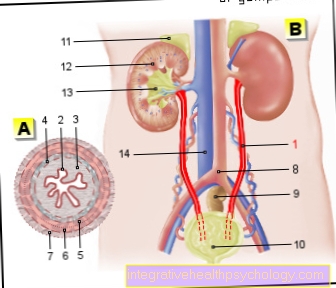

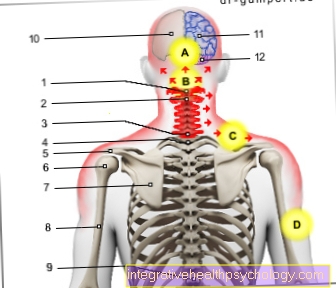







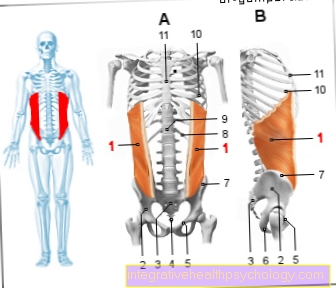









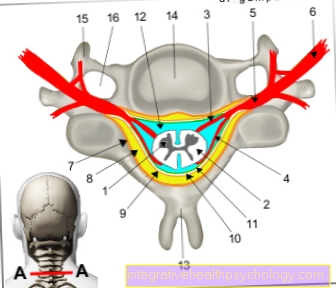
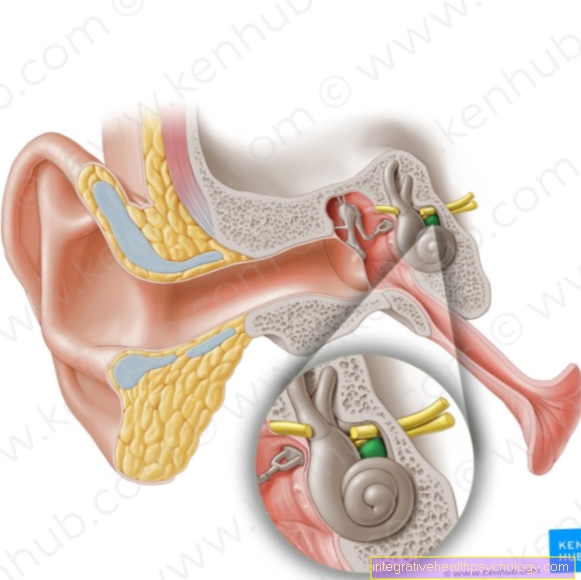


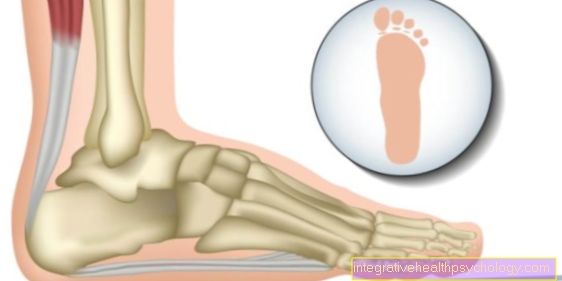
.jpg)